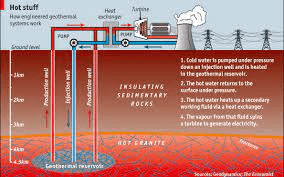True or False
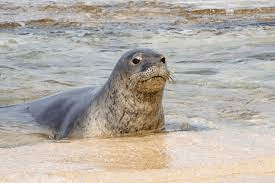
Monk Seal: There are only two mammals native to the island of Hawaii. One is the Hawaiian monk seal, the state mammal of Hawaii. These seals can be hard to find and almost went extinct in the 1990’s. Since that time, they have bounced back. Seals can weigh anywhere from 400-600 pounds, and can be up to 8 feet in length. The Hawaiian Monk Seal is one of only two remaining species of monk seals in the world. The other is the Mediterranean Monk Seal. Unfortunately the third species, the Caribbean Monk Seal, has gone extinct.
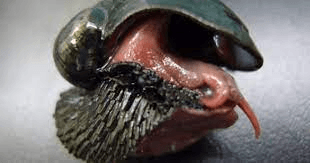
The scaly-foot snail (Chrysomallon squamiferum), also known as the sea pangolin for its tough plates, is known to inhabit only three locations near hydrothermal vents in the Indian Ocean.
Is this a stratovolcano or a shield volcano?
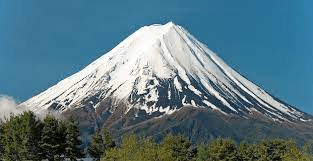
Stratovolcano: They appear as tall steep mountains.
Mount Tambora is located in Indonesia or Italy? (Use the map below)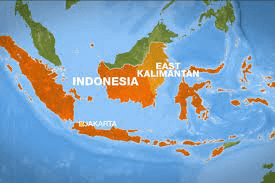
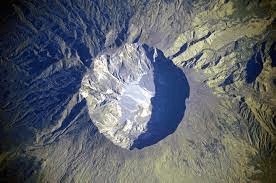
Indonesia/Mount Tambora: Mount Tambora, or Tomboro, is an active stratovolcano in West Nusa Tanagra, Sumbawa, Indonesia in one of the Lesser Sunda Islands of Indonesia.
True or False: Volcanoes add nutrients to soil making the land more fertile for growing plants/crops.
True
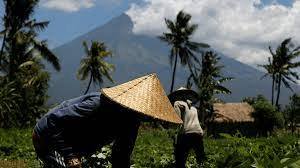
The other mammal that is native to the Hawaiian islands is the Hawaiian Hoary bat. These types of bats are their own species, although they are closely related to the Hoary Bats in North, Central and South America. There are also species of Hoary bats on the Galapagos Islands!
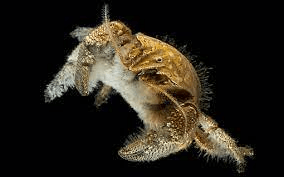
Harry Hoff Crab:The "Hoff" is a type of yeti crab, which is recognised for its hairs, or setae, along its claws and limbs. It lives in one of the most extreme environments on the planet; more than 2,000m under the sea where volcanic vents superheat the water to 380C and there is no light and very little oxygen.
Is this a Calderas or Mid-ocean ridge?
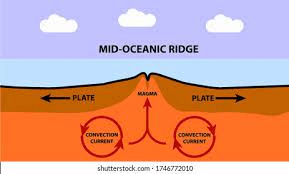
Mid-ocean ridge: They are underwater chains of volcanic mountains.
Mount Ruiz is located in Columbia or Indonesia? (Use the map below)
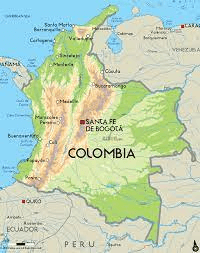
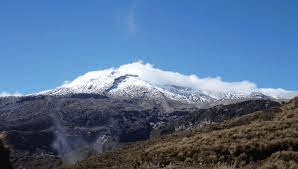
Columbia/Mount Ruiz: The Nevado del Ruiz, also known as La Mesa de Herveo is a volcano on the border of the departments of Caldas and Tolima in Colombia, about 129 kilometers west of the capital city Bogotá. It is a stratovolcano composed of many layers of lava alternating with hardened volcanic ash and other pyroclastic rocks.
True or False: When lava cools, it turns into rock and creates new land forms.
True
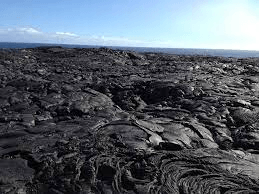
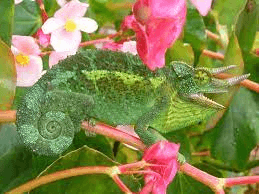
The chameleon came into the wild in Hawaii in the early 1970s and is considered an invasive species. While there are no special tours to see chameleons, you can still spot them while hiking. The three-horned Jackson Chameleons (also known as the Kikuyu Three Horned Chameleon) is originally native to East Africa (Kenya and Tanzania, mostly), but has since been introduced to Hawaii, Florida and California.
As you may already know, chameleons are able to blend in by changing their color. You just might have to look a little hard to spot them! You can tell which ones are males since they are the ones with the three horns.
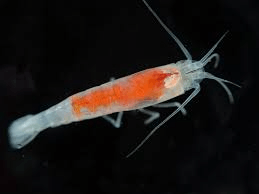
Vent Shrimp: The Vent Shrimp (Rimicaris exoculata), also known as the hydrothermal shrimp, hydrothermal vent shrimp, deep sea shrimp, or deep-sea hydrothermal vent shrimp, live in a deep underwater abyss with zero sunlight (energy source used for food production) and crushing pressure, where they feed near hydrothermal jets.
Is this a Calderas Volcano or a Shield Vocano?
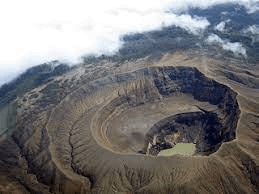
Calderas Volcano: They appear as a large depression in the ground.
Is Mount Vesuvius located in Italy or Indonesia? (Use the map below)
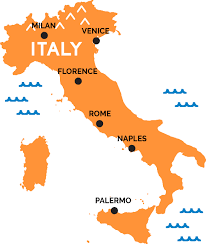
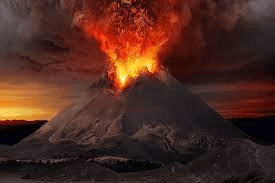
Italy/Mount Vesuvius: Mount Vesuvius is a somma-stratovolcano located on the Gulf of Naples in Campania, Italy, about 9 km east of Naples and a short distance from the shore. It is one of several volcanoes which form the Campanian volcanic arc.
True or False: Raw materials such as gold, nickel, copper and diamonds are brought to the surface when volcano's erupt.
True
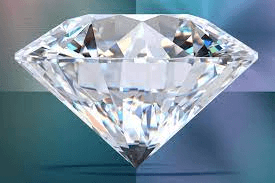
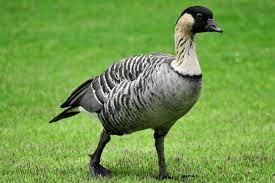
Hawaii’s state bird is the Nene Goose. (Not to be confused with the Nae Nae dance.)
It is the rarest goose in the world! (unlike the Nae Nae, which seems to be everywhere.)
While it was once more common in Hawaii, its population has slowly decreased. The species almost went extinct in the middle part of the 20th century. Because of this, these birds are hard to find, and you will likely only see them if you’re on Kauai or the Big Island.
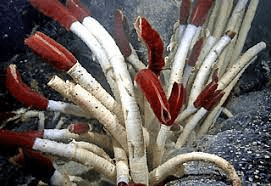
Giant Tube Worms: They live on the floor of the Pacific Ocean near hydrothermal vents, and can tolerate extremely high hydrogen sulfide levels. They grow well over a metre in just over one year.
Is this a Mid-ocean ridge or a Shield Volcano?
Shield Volcano: They appear as flatter and domed shaped.
Is Mount Krakatoa located in Indonesia or Columbia? (Use the map below)
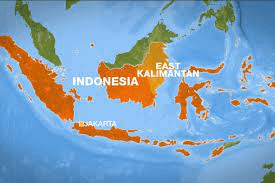
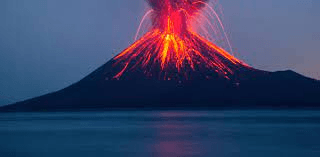
Indonesia/Mount Krakatoa: Krakatoa, also transcribed Krakatau, is a caldera in the Sunda Strait between the islands of Java and Sumatra in the Indonesian province of Lampung.
True or False: Active volcano's around the world attract millions of tourists every year.
True:
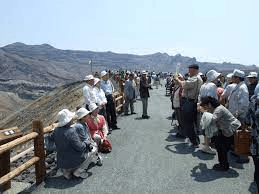
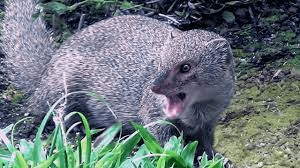
Mongoose were released onto the islands in the 1800s to decrease the rat population. The mongoose is Hawaii’s replacement for squirrels. Hawaii has no squirrels, but the mongoose is a similar replacement, at least in looks.
Unfortunately, the mongoose has had negative effects on the bird population and is considered an invasive species since they often eat birds and bird eggs.
Regardless, you can often spot mongoose around bushes and on mountainsides, or scurrying across roads on their way to cause mischief.
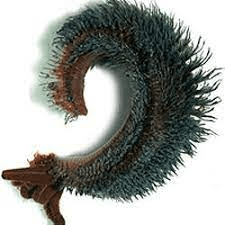
Pompeii worm: Alvinella pompejana, the Pompeii worm, is a species of deep-sea polychaete worm (commonly referred to as "bristle worms"). It is an extremophile found only at hydrothermal vents in the Pacific Ocean, discovered in the early 1980s off the Galápagos Islands by French marine biologists.
Is this a Calderas Volcano or a Shield Vocano?
Calderas Volcano: This appears as a large depression in the ground.
Is Mount Pelee located in Martinique or Italy? (Use the map below)
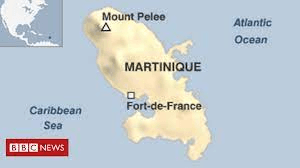
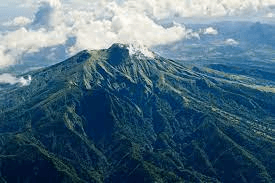
Martinique/Mount Pelee: Mount Pelée or Mont Pelée is an active volcano at the northern end of Martinique, an island and French overseas department in the Lesser Antilles Volcanic Arc of the Caribbean. Its volcanic cone is composed of stratified layers of hardened ash and solidified lava. Its most recent eruption was in 1932.
True or False: Geothermal energy is a source of heat and energy from beneath the surface of the earth.
True:
